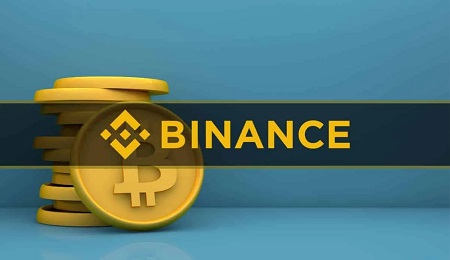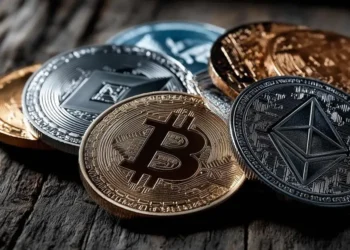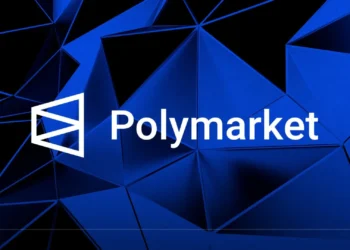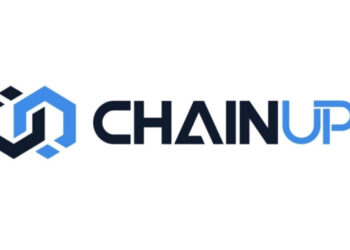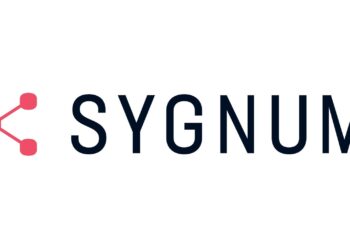On November 28, 2022, the official website of Whale Alert, a crypto intelligence and information platform, posted an alarming update about a transfer of 127,351 BTC from Binance to an anonymous wallet in a single transaction.
Given the current state of the crypto industry, with companies declaring bankruptcy at an unprecedented rate, it is not surprising that Binance’s actions elicited some level of response from the crypto community.
Given the circumstances, it was only natural for suspicion and anxiety to grip the community. The rush by exchanges to conduct their own Proof-of-Reserves (PoR) and the fact that some companies moved significant amounts of cryptocurrency into private wallets before going out of business made it more than reasonable to assume the worst.
However, the CEO of Binance, Changpeng Zhao, later clarified in a tweet that it was all just a test to demonstrate to an independent external auditor that the exchange actually controlled the tokens it claimed to have.
The clarification tweet from the Binance CEO, @cz_binance, helped calm the nerves of speculators, retailers, and investors. Binance carried out the verification by transferring precisely 127,351 bitcoins, which were worth approximately $2 billion at the time of writing. The exchange also claimed ownership of the anonymous wallet that received the funds.
Binance, the world’s largest cryptocurrency exchange, acknowledged that the test was required to demonstrate transparency and complete control over its assets. The auditor’s goal was to prove that Binance could move a significant amount of money without impairing its ability to function.
In response to the FTX collapse, several exchanges have published capital and liquidity reports to demonstrate that their users’ funds are backed up and well-managed.
Transparency and accountability approaches in the cryptocurrency sector are evolving. While Grayscale has refused to publish its PoR due to security concerns, Binance chose to use Merkle trees exclusively and recently published its Bitcoin Proof-of-Reserves.
Other exchanges, such as the Mexican exchange Bitso, on the other hand, published their iteration of an extended Proof-of-Reserves and pledged to take additional steps to improve their dependability, such as zero-knowledge tests, external audits, discussions with regulators, and the release of periodic reports.
If you would like to read more news articles like this, visit DeFi Planet and follow us on Twitter, LinkedIn, Facebook, and Instagram.
“Take control of your crypto portfolio with MARKETS PRO, DeFi Planet’s suite of analytics tools.”

